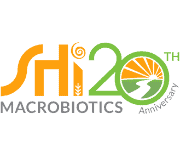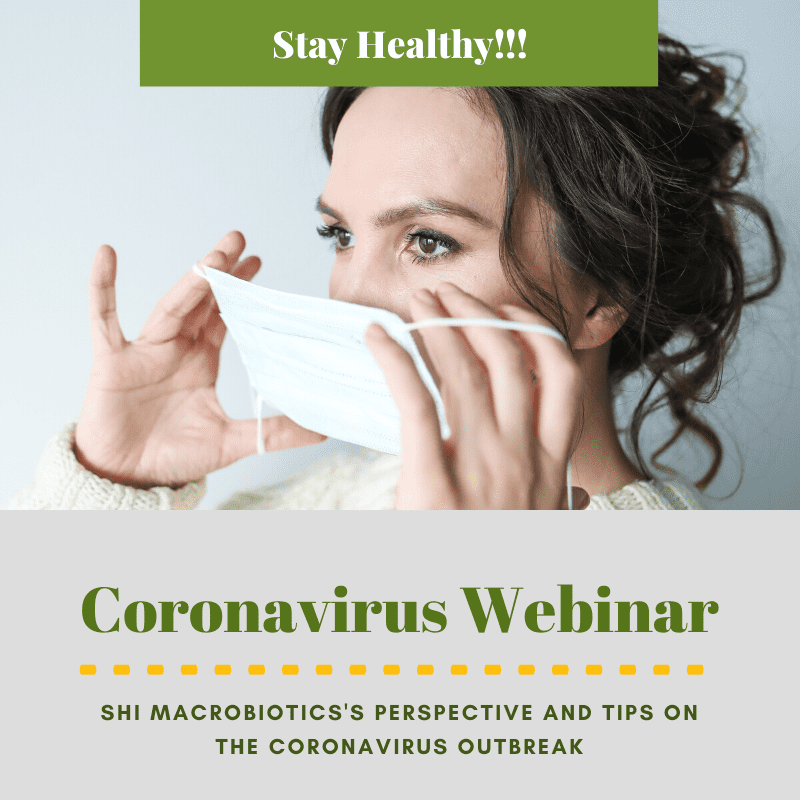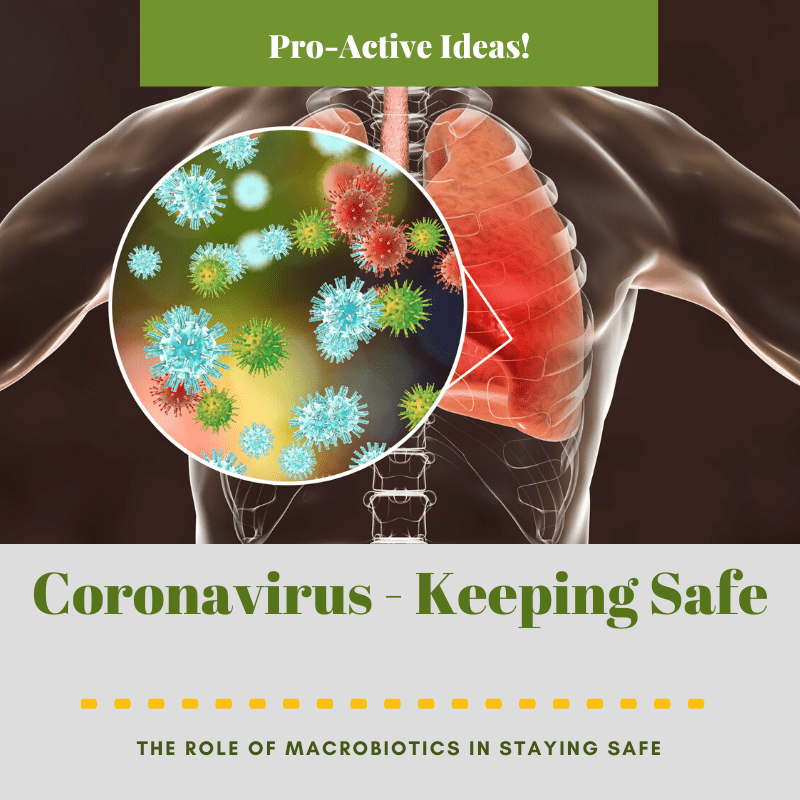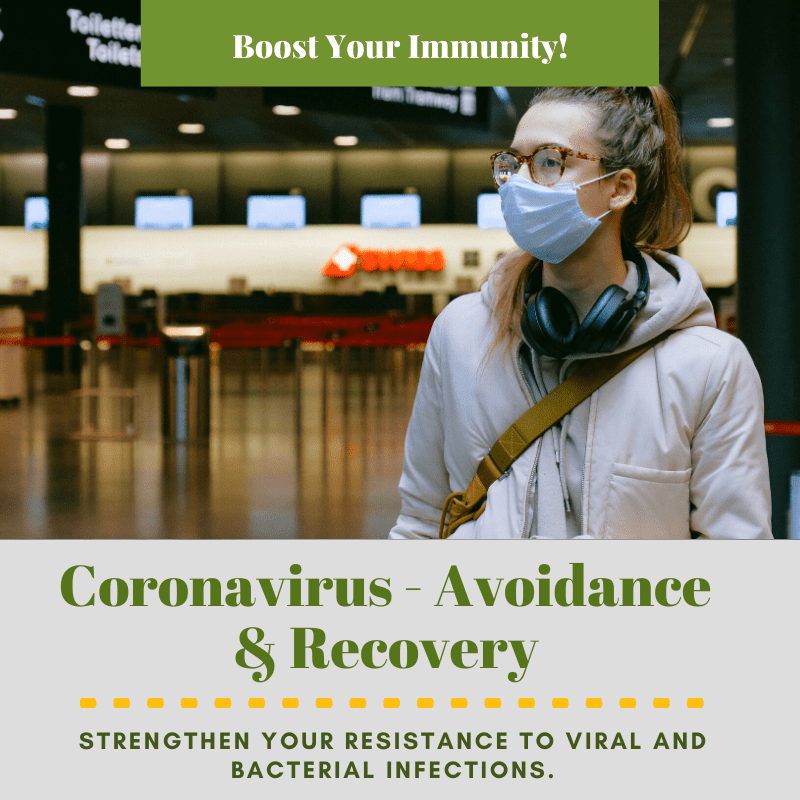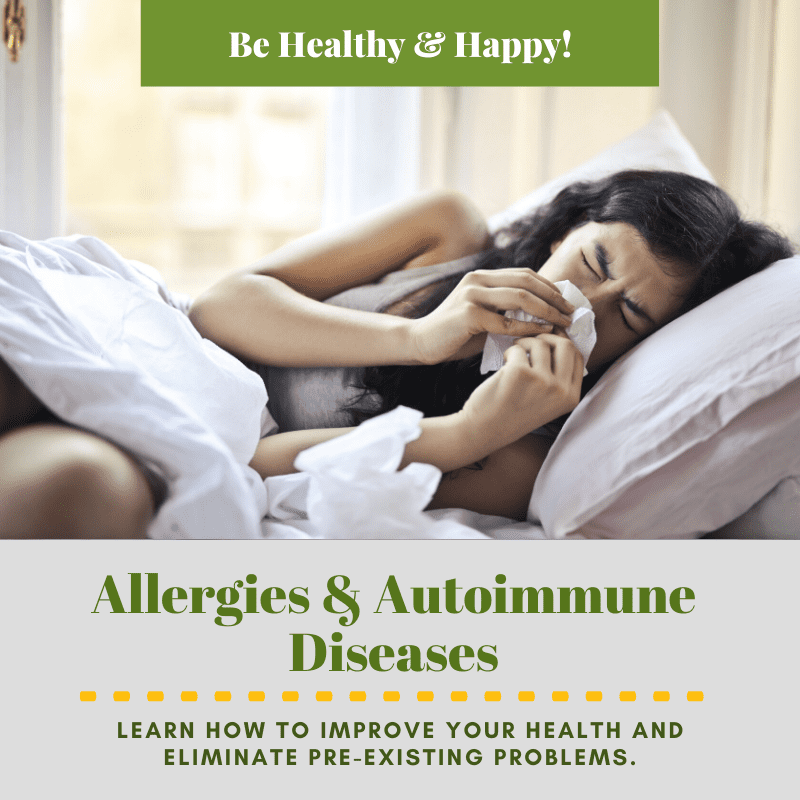Without a doubt, environmental allergies have been steadily increasing over the past few decades. Nowadays there seem to be allergies coming from many different sources that affect a large part of the population. We define allergies as when our bodies cannot naturally neutralize and discharge toxins. The main reasons we are losing our adaptability are a lack of contact with the natural environment, inactive lifestyles, and a poor diet composed of genetically modified organisms (GMOs) and highly processed, chemicalized foods.
We’re No Longer In Touch with Nature
As a society, we are no longer going outside enough and are not being exposed to natural light and sunshine. In addition, the sun has been vilified as the main cause of melanoma, which is not accurate. Most people are now afraid to go outside without sunscreen because of the fear of skin cancer. The sun is essential. Exposing our skin to the sun is vital for producing vitamin D, nitric oxide, and activating the microbiome. The microbiome is a major part of our natural immunity, healthy emotions, and mental clarity.
Another negative environmental impact is that nature and green spaces are steadily disappearing. Unless you live out in the country, most people now have to plan a trip to nature as it is no longer right outside our doors. Many young people now have never been exposed to nature and also do not have an interest in spending the time. The increasing use in technology has also made it very easy to avoid nature as computers, TVs, and even cell phones are generally used indoors.
There Are Too Many Chemicals Being Used
The chemical and pharmaceutical industries have grown dramatically over the years in two areas. It is now accepted to take medications as part of life, whether it is an antibiotic, pain medication, steroids, antihistamines, or other over-the-counter (OTC) medication. For every symptom now there seems to be a specific medication for it. This not only affects our blood quality and microbiome, but it also affects our adaptability once we begin to rely on medications.
The second way chemicals have been overused, is through the prevalence of pesticides and herbicides. We’ve all read about the scarcity of bees, but really all insects have dramatically been reduced in numbers and we don’t see them around us nearly as much as prior to the introduction of these pesticides. These chemicals are destroying food and soil quality, and in turn, our health on many different levels. These insects have a major role in our food supply through pollination, as well as the food chain, as other animals rely on these insects for survival. Lastly, many of these pesticides are hormone disruptors that affect the development and function of our hormonal systems.
Unnatural Practices Have Changed Things
People are eating animal and dairy foods from animals that are fed and raised unnaturally. The vast majority of livestock are raised horribly on factory farms, are kept in pens, are fed unnaturally and are treated with antibiotics and growth hormones. Though quite popular, farmed salmon are considered to be one of the most polluted foods on the planet. Unfortunately, most people are not aware of this fact. This is very different from animal and dairy products from the past that were raised and produced naturally on small farms.
GMOs are now commonplace, as about 70% of our food is genetically modified. This form of food production has steadily increased since the mid-90s. We went from eating food that originated in nature to now eating food that originates in a laboratory. The combination of glyphosate being used with GMO crops is destroying the environment, insects, and our microbiome. Glyphosate use has been increasing as it’s used as a desiccant, or drying agent, to make harvesting easier for many common foods, such as wheat, barley, oats, cotton, legumes, corn, and most seed oils. Fortunately organic foods are not permitted to use glyphosate. EWG.org publishes a list called the “Dirty Dozen” and “Clean 15” that provides a good reference for which foods should only be eaten when organically-grown.
How To Improve Your Own Environment
The best way to improve environmental impacts on your health is to go outside as much as possible. Make an effort to increase your exposure to both natural light and sunlight. A 30 minute brisk walk in the morning is a great way to start to increase your exposure.
An additional way to make improvements is to increase the percentage of naturally-processed, unrefined foods in your diets. Preferably organic grains, beans, vegetables, seeds, nuts, fruits, and naturally fermented foods. Also, limit GMOs and highly-processed foods as much as possible. This will reduce your exposure to many of the chemicals you ingest. If you want to eat animal and dairy foods, make sure to choose ones that were raised on pastures and fed organically without growth hormones or pesticides. More life-related activity in general helps to improve digestive health. Some simple things that everyone can do are cleaning, house or yard work, and taking the stairs.
Lastly, try to investigate macrobiotic home remedies or herbal and homeopathic medicines before choosing OTC drugs to further reduce the chemicals that go into your body.
